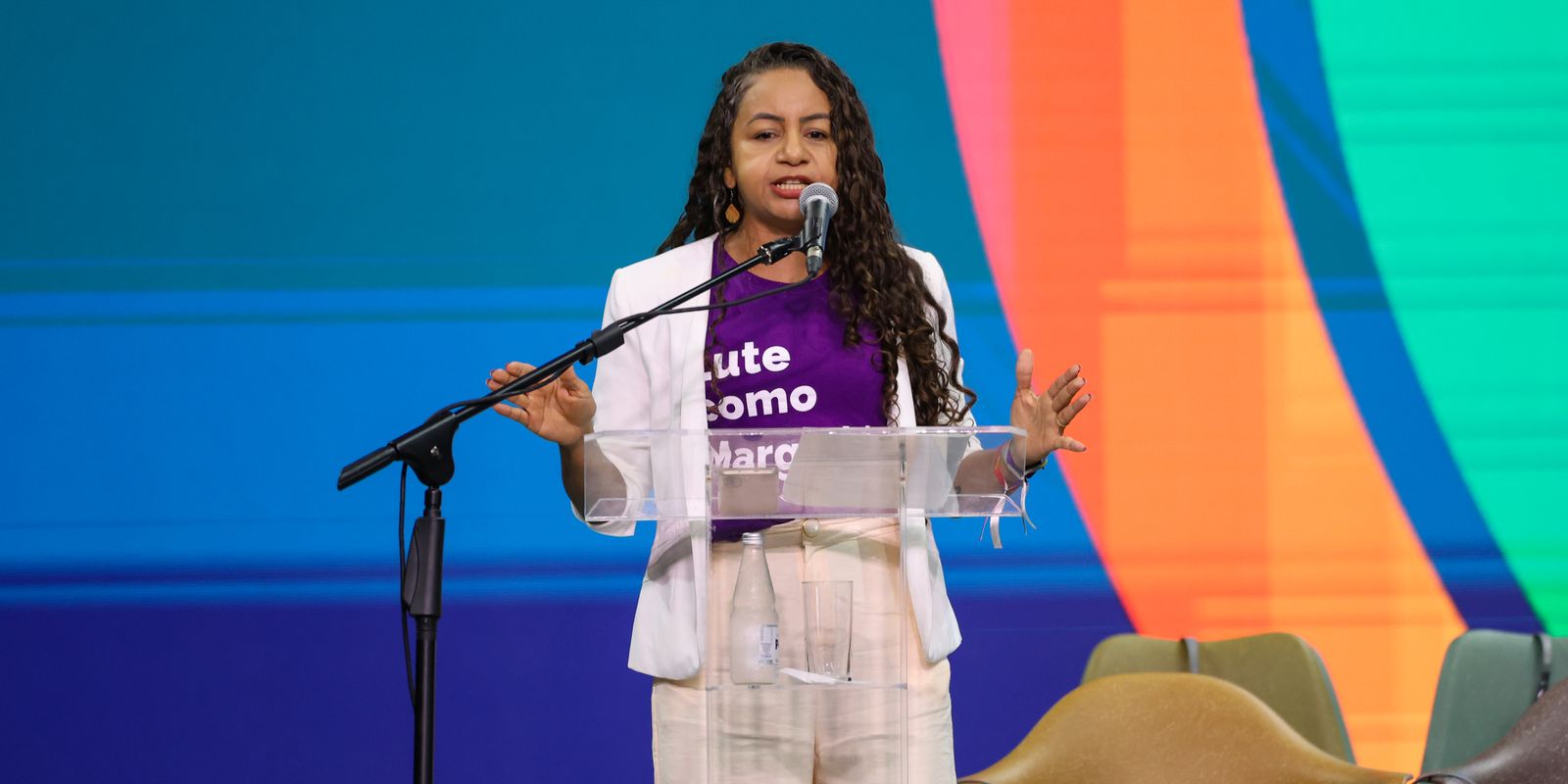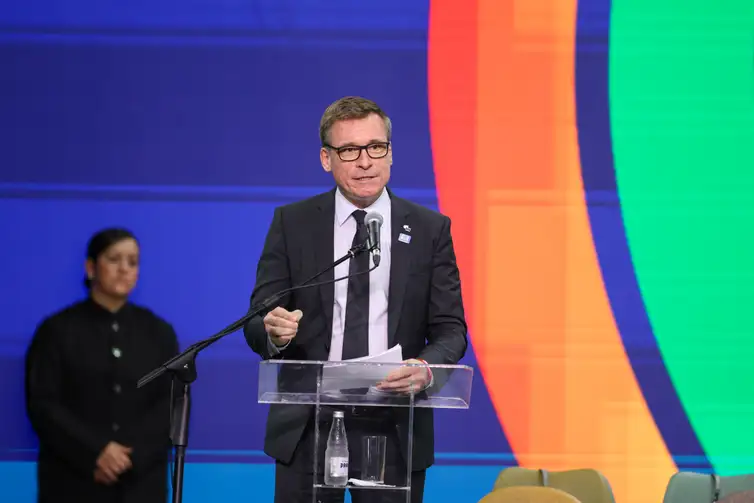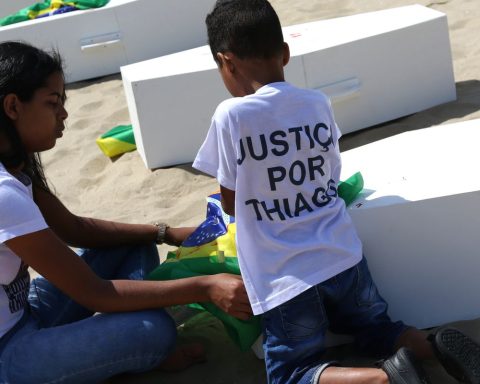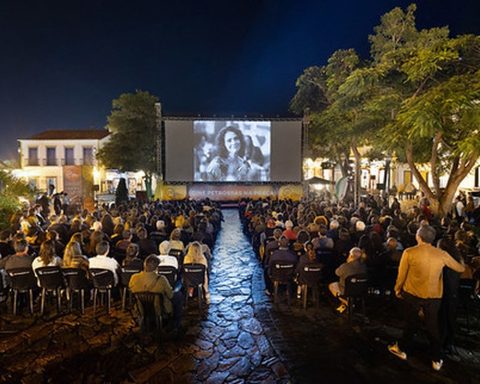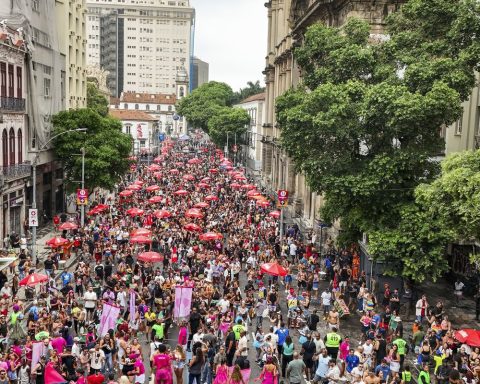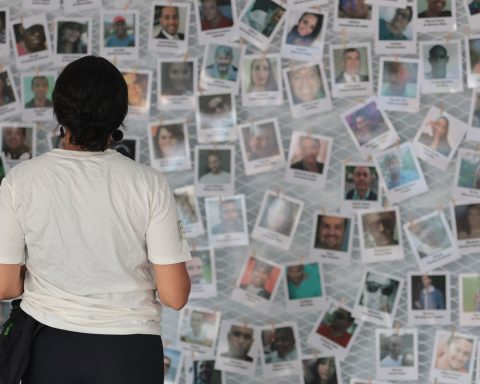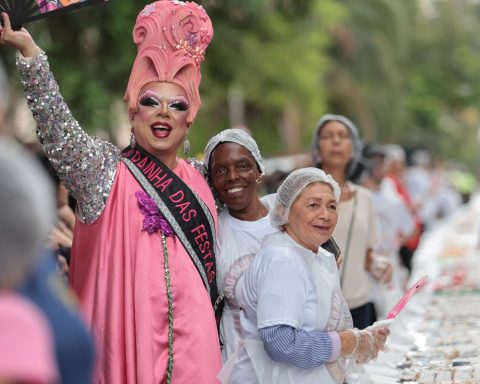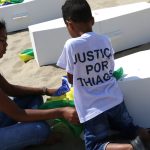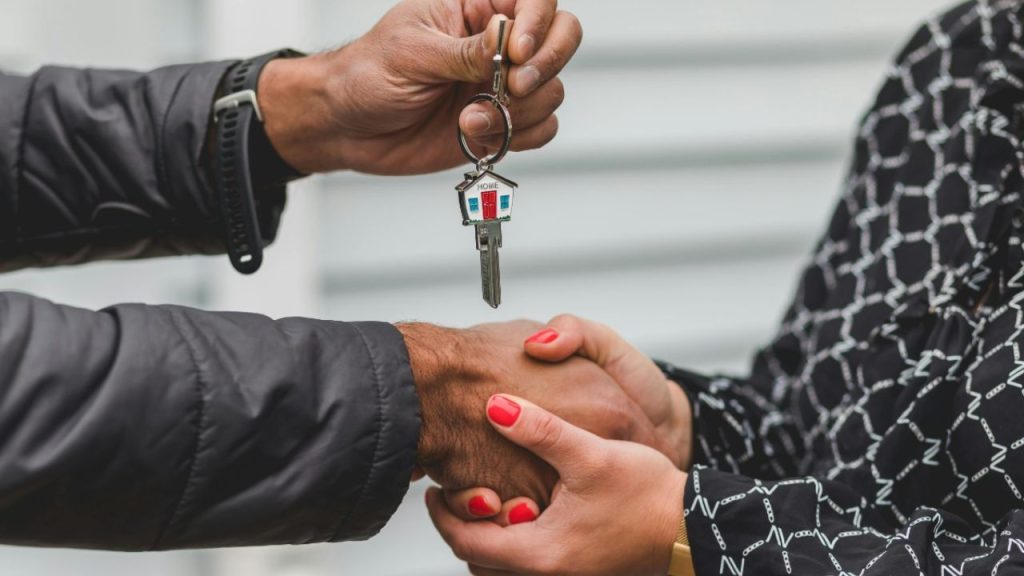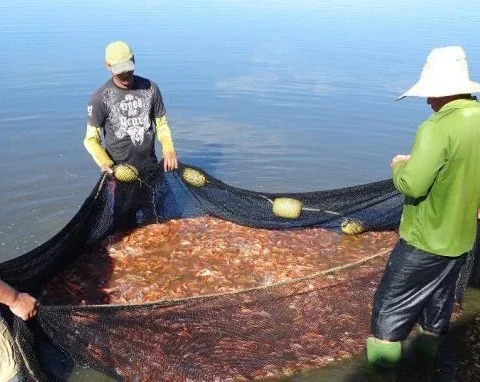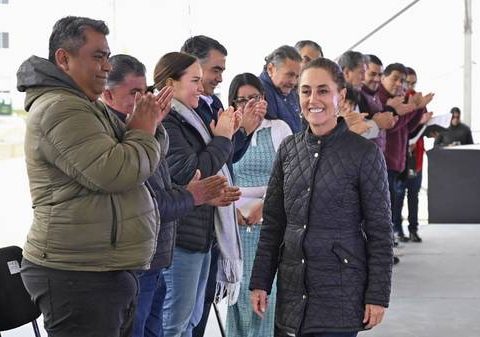The G20 Social gave organized civil society the opportunity to include issues necessary for the entire population in discussions, such as the right to food, land and the energy transition, said this Saturday (16), the head of the Secretariat of Rural Women Workers of the Confederation National Council of Rural Workers Farmers and Family Farmers (Contag) and general coordinator of the Marcha das Margaridas, Mazé Morais.
“This space gave us the opportunity to bring these discussions to the center of the debate, which is commendable. We hope that the mark of participation left by the G20 Social will be reflected and consolidated, that it will continue in the other G20 chief summits, create an environment conducive to the construction of a strategic agenda for the future and have a horizon with good living “, said Mazé, at the closing of the G20 Social, on Boulevard Olímpico, in the port region of Rio.
Mazé’s expectation is that, from the G20 Social, there will be progress with commitments and effective practices for the transformation of the agri-food system to an agroecological perspective that promotes dialogue with nature, with biodiversity, but that leads to a fair energy transition, that it does not poison the land, the most precious asset, and the waters. “That they do not destroy our biomes, that they do not rape or kill people, that they respect living beings and common goods. May our territories and our bodies be protected and nourished with our popular and ancestral knowledge.”
The Contag representative also defended the right to food, which, according to her, is denied mainly to women and black people. “To guarantee this right, it will be necessary to invest in structural changes capable of breaking with harmful production models and their destructive logic that contributes to the climate crisis that the world is experiencing”, he stated.
For Mazé, it is not through market mechanisms that the climate crisis will be addressed. “It is not possible to face the dilemma without democratizing access to land, seeds, water and energy, without strengthening the productive practices, culture and ways of life of peasant family farming, agriculture practiced by indigenous peoples and by people from traditional communities, without recognizing field and forest soils as an important part of the solution, both for mitigation and adaptation, and for coping with climate impacts.”
The president of the European Economic and Social Committee and representative of international civil society, Oliver Röpke, defended the immediate change in global governance, which, as he explained, does not represent the current challenges. “The global force of the 21st century is facing a crisis, we are at a crossroads. Governance systems are no longer fit to deal with the challenges of our time, which are enormous. We are talking about climate change, digital transition, geopolitical stability and increasing inequalities. More than half of workers in the world still do not have specific social and labor protection content. We are seeing global rights rates and violations of social and labor rights, which are dwindling.”
According to Röpke, the G20 Social needs to be an example for the future, combating global inequalities and fighting for a better global situation. “We are now seeing a global governance structure that leaves many voices silent, with few mechanisms to ensure the democratic participation of civil society, which remains underrepresented. To address all the challenges, we need fundamental reform in global governance. The time for multilateralism is now. This is not a time for isolation. We have to strengthen multilateral organizations, the United Nations and international labor organizations”, he indicated.
Röpke highlighted, however, that governance has to reflect today’s work and show the diversity of what is being done. “It cannot be done from the top down, narrowing national interests. We need to bring civil society to the heart of decision-making processes. Civil society represents the needs and aspirations of grassroots organizations for trade unions, which are often left aside,” he said, highlighting the G20 Social summit “is an example of how to do things right.”
The president of the European Economic and Social Committee praised President Luiz Inácio Lula da Silva for establishing a sustainable development council in Brazil and defended joint action with the body he represents. “Our committee has always sought more inclusion, more governance, and we have repeatedly strived to promote inclusive growth and other safeguards of social rights. Global cooperation means listening and learning from each other”, he noted,
As coordinator of the G20 Social, the secretary general of the Presidency of the Republic, minister Márcio Macêdo, thanked everyone who contributed to holding the meeting, which brought together around 47 thousand people. “This was a very significant moment and it was only possible because of President Lula’s sensitivity and political determination. Only a president with Lula’s characteristics is capable of placing social movements and the people on the agenda of global discussion. It was only possible for us to be here because there is an organized movement in our country with culture, strength, determination and commitment to our homeland and our people”, stated the minister.
Excited, Macêdo emphasized that the work of the G20 Social was successfully concluded and concluded: “We will deliver the document with the fingerprints of the people of the G20 to the heads of State. The closure of our work is declared.”
